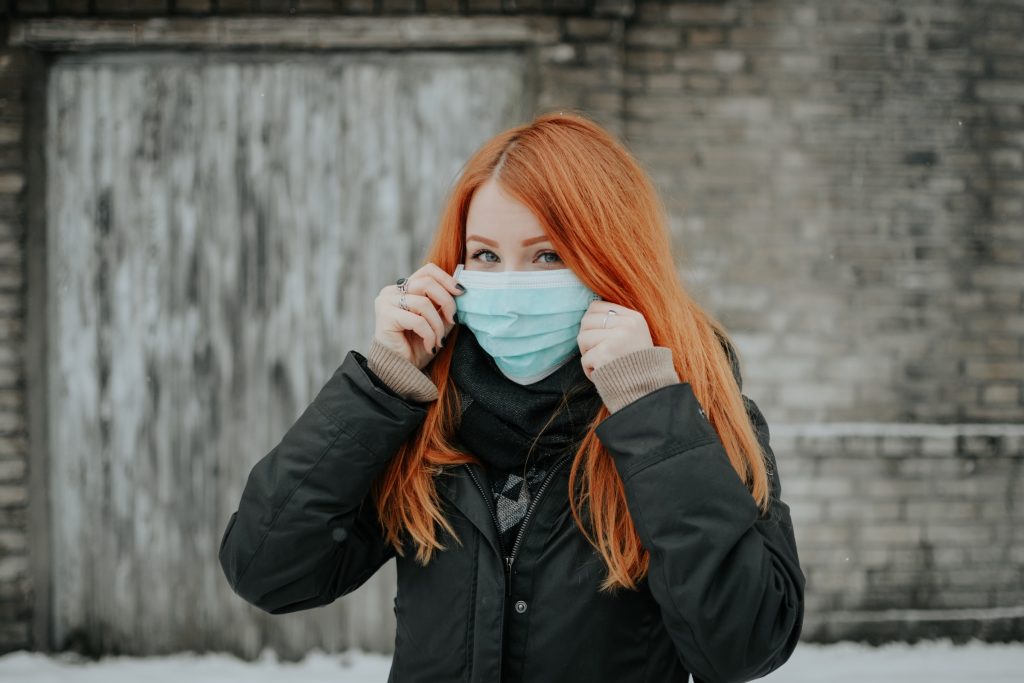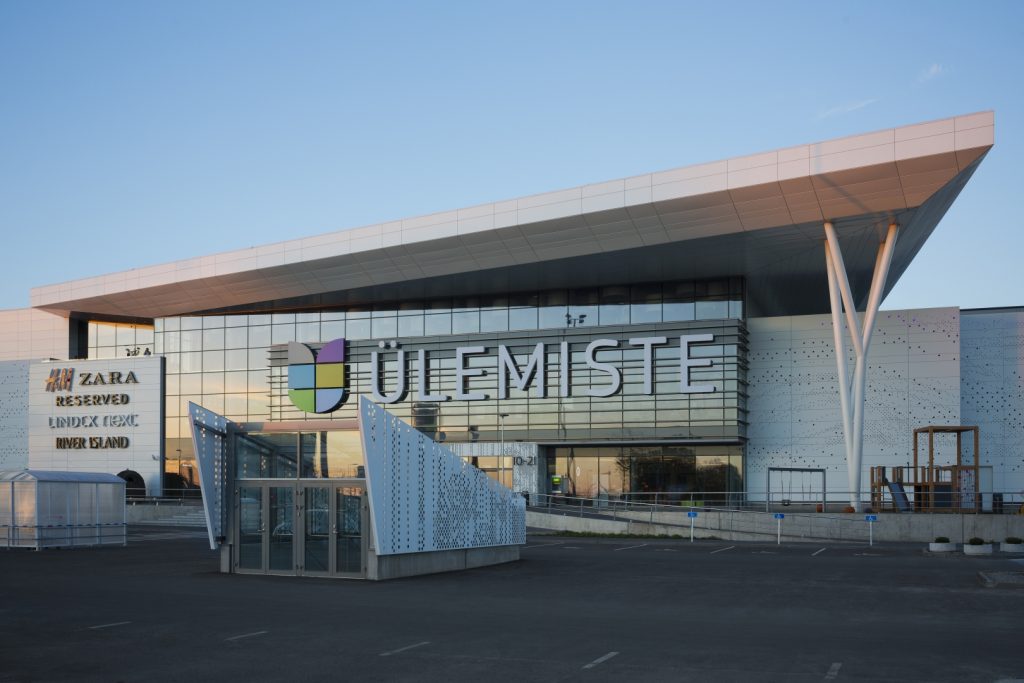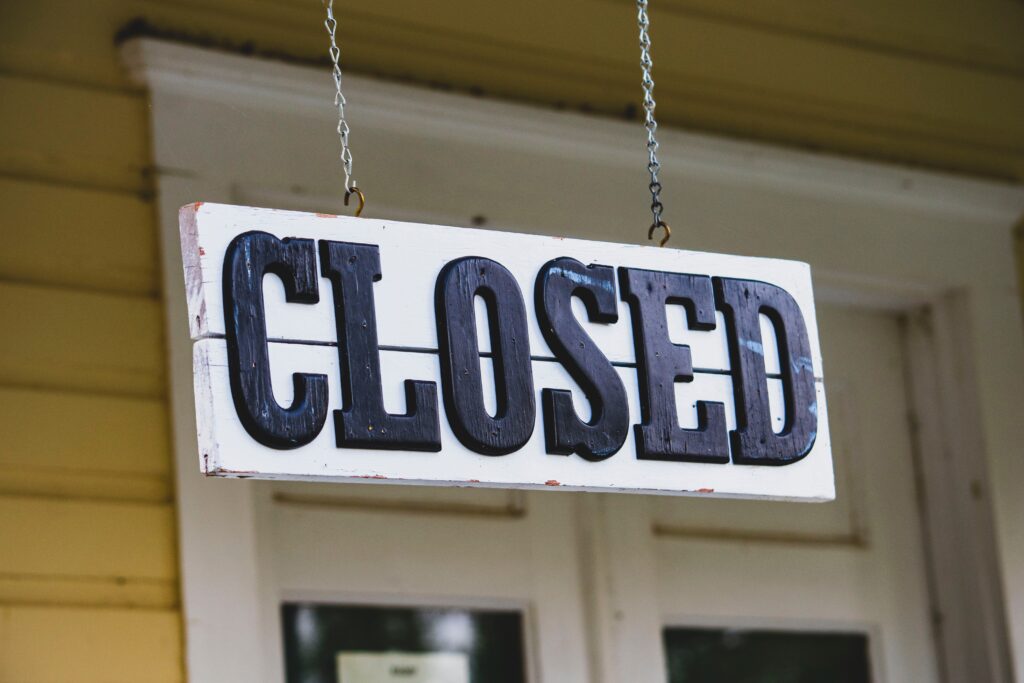The Estonian government is imposing strict restrictions to curb the spread of the novel coronavirus; the new regulations will go into effect on Thursday, 11 March and will last at least for a month.
According to the government, the restrictions will, as of now, be valid from 11 March until 11 April, but they will only be lifted when the spread of the novel coronavirus in Estonia has declined to the level where it won’t be endangering the sustainability of the country’s healthcare system.
“Fresh data show that the more aggressive, British strain of the coronavirus is spreading in Estonia more seriously than so far predicted,” the Estonian prime minister, Kaja Kallas, said in a statement.
“The situation is especially critical in Tallinn and northern Estonia where the hospitals are under great pressure; however, the situation is very difficult all over Estonia. That’s why the government has decided to introduce additional restrictions with the aim of reducing people’s mutual contacts to a minimum. Only this way is it possible to come out of this crisis. How fast we can do that depends on everyone’s behaviour.”
First-to-fourth graders are not allowed into school buildings
One of the first restrictions the government is imposing is that the 2+2 rule – maximum two people together and two metres (6.5 feet) apart from other parties – will also apply outside. The restriction doesn’t apply to families and situations where it’s impossible to follow.
Parents are strongly advised not to take their kids to the kindergarten or childcare, unless absolutely necessary. The education ministry will give childcare facilities guidance on how to arrange their work as safely as possible.

Starting from 11 March, first to fourth graders are not allowed to be in school buildings, also students who are preparing for elementary or high school finals. “At the same time, we foresee that first graders, if absolutely necessary, could be present in school buildings and take part in its activities,” the government said.
Students who need educational support, consultations or who take part in practical learning, finals or tests, will be allowed into school buildings.
Playing sports, training, youth activities, hobby activities and education and additional education or training indoors will be banned. The restriction will not be applied on handicapped people and rehabilitation activities.
Outdoors, all such activities are only allowed when the 2+2 rule is followed.
Restaurants to only provide take-away
The indoor restrictions don’t apply to professional athletes, members and candidates of the national sports teams, and to the activities related with the country’s military and internal security.
Holding outdoor events will be banned. People are also banned from entertainment venues; spas, pools, saunas will be closed.
Public sermons and outdoor meetings will be allowed but the attendance limit is set to 10 people. In the outdoor areas of museums, people can move about by following the 2+2 rule and the areas’ capacity will be limited to 25 per cent.
Restaurants will be closed and will only be allowed to sell take-away.

Shopping centres will also close. Only grocery stores, pharmacies, stores that sell medical or optical equipment, telecommunications service providers’ stores, pet shops and gas stations will be allowed to remain open. Dining at a gas station will be banned.
The stores that are allowed to stay open will have to abide by the 25 per cent capacity restriction and the 2+2 rule.
Avoid contacts with other people
In all other occasions, the stores will only be allowed to sell their goods at drive-in-type windows and outdoors. The shopkeepers will have to assure that their customers wouldn’t meet each other.
The service sector can continue its functions, but they can only operate at 25 per cent capacity. They will also have to follow all the other rules – 2+2, wearing masks, disinfecting their premises according to the Estonian Health Board guidance.
In addition, the government strenuously advises to avoid contacts with other people. “If the contact is unavoidable, it shouldn’t happen between more than six people,” the government said.
“In addition, the members of the cabinet decided that, due to the additional restrictions, the government will reimburse the losses to the economic areas that have suffered the most in the COVID-19 crisis,” the government added, without specifying what those areas or reimbursements include.
More on the topic: Keegan McBride: The current government is making the same mistakes the previous one did.
The cover image is illustrative. Photo by Jon Sailer/Unsplash.

